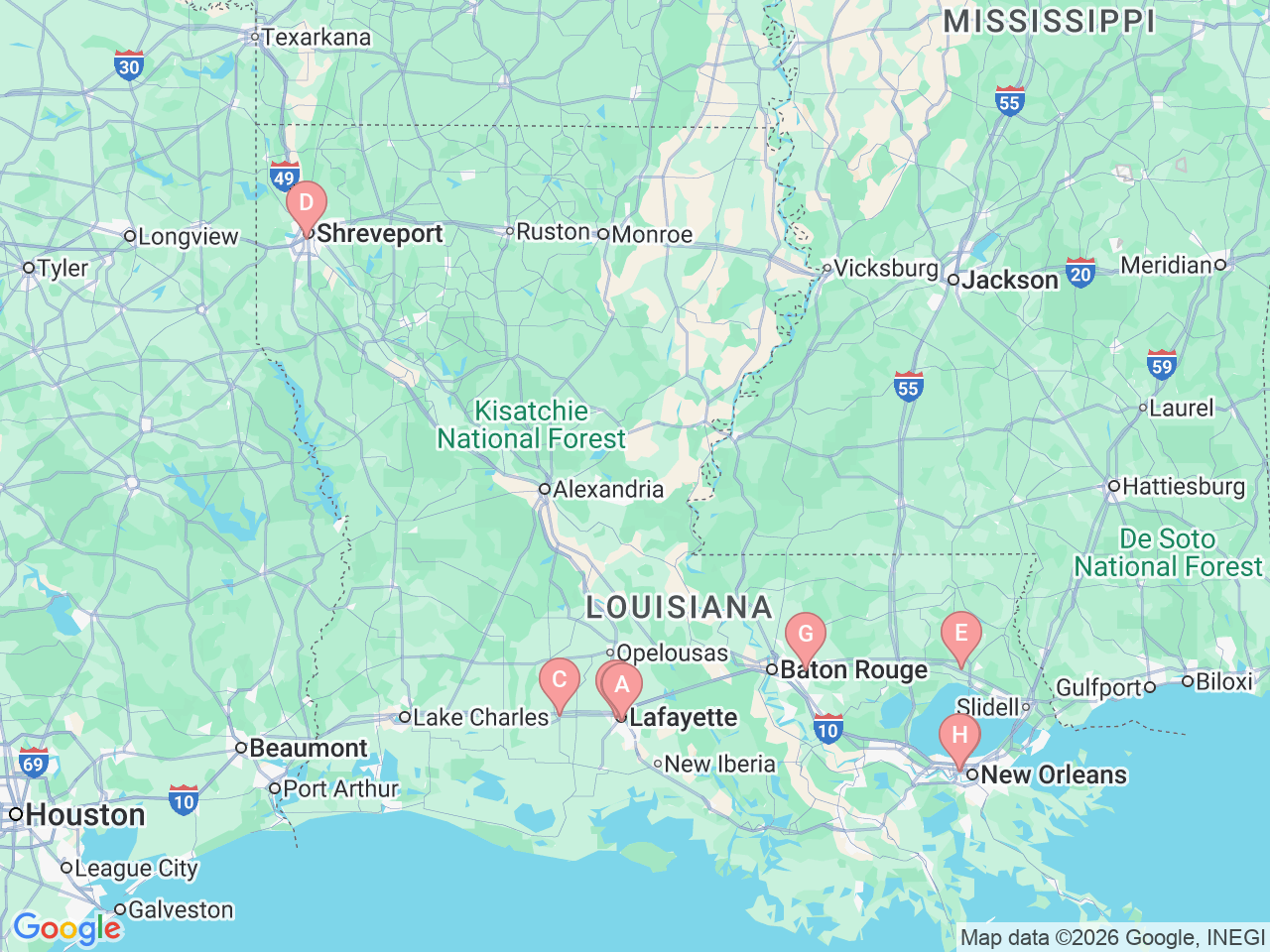Why choose Ochsner Health for your non-Hodgkin lymphoma care?
Ochsner provides exceptional care for patients with non-Hodgkin lymphoma in New Orleans, Covington, Baton Rouge, Lafayette, Crowley and Shreveport, Louisiana.
As a nationally recognized leader in cancer care, we have the experience and the resources to treat high-grade lymphomas that other facilities cannot. Our multidisciplinary team of physicians and staff works with you from diagnosis to treatment to follow-up care and beyond.
Ochsner is the first hospital in Louisiana and the only center in the area to offer CAR T-cell therapy, a type of advanced immunotherapy that uses T-cells from the immune system to fight cancer. Our Stem Cell Transplant and Cellular Therapy Program is fully accredited by the Foundation for the Accreditation of Cellular Therapy — the only accrediting organization that addresses all quality aspects of stem cell and cellular therapy — to perform bone marrow and stem cell transplants harvested from your own body and those donated by others.
Ochsner also provides access to clinical trials for new treatments.













